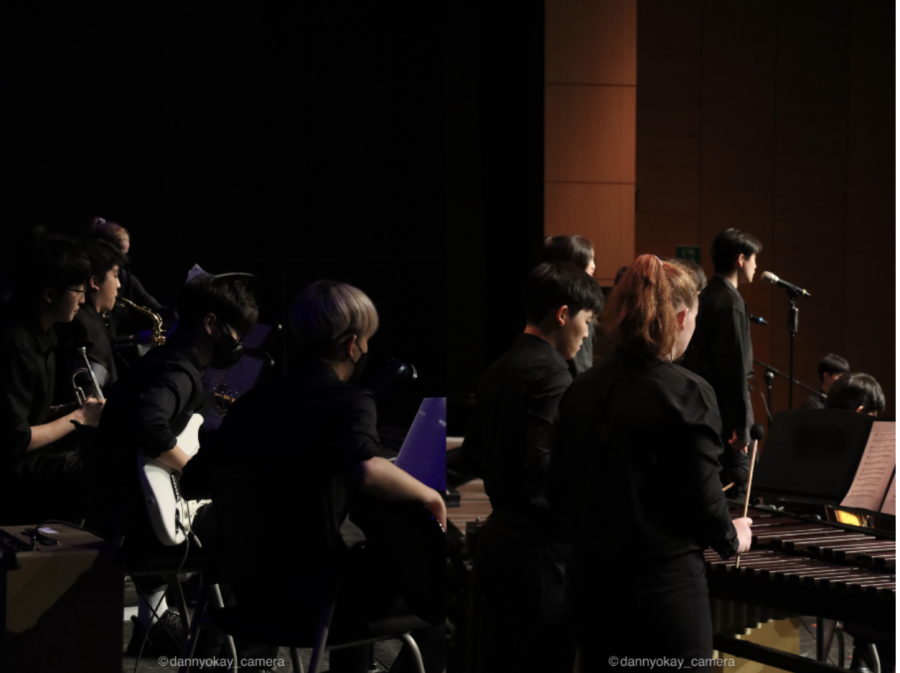Language policy, is it really being kept?
As an international school, Chadwick International hosts more than 51 different nationalities with over 1800 students and faculty members. With diverse backgrounds, cultures, traditions, and history, the one attribute that unites us is our ability to speak English as a global language. In such circumstances, it is imperative that English, the language of inclusion, is utilized throughout school hours to form unity and collaboration among members of our school community.
However, located in Songdo, South Korea, a majority of school attendants are from the same nationality and thus tend to speak Korean, their mother tongue. As such, there has been much debate among students and faculty about the actual practice of this policy within our school community.
While the language of inclusion hasn’t been the priority of most students unlike certain expectations, many students acknowledge the importance of speaking English at all times. Hanna Lee (9) mentions how she believes that English “provides a sense of belonging for everyone, building up the community.” To add on, Melinda Kim (9) said that without a set language “people may feel insecure and excluded, primarily due to the fact that they would not be able to understand what people are talking about right beside them.” Sophie Kim (10) also responded that using the language of inclusion “fosters an environment that respects all cultures by including everyone in the group.”
Therefore, when the school community already recognizes the value of the language policy, why is it that students fail to achieve its purpose in reality? Jay Lee (9) noted that this may be due to “people’s tendency to stay in their comfort zone, particularly when designating friend groups, divided by their nationality, typically Koreans to foreigners.” Another freshman, Jiho Kwon, stated that “students may find English not to be their first language, and possibly see other languages as more convenient to use.” Emmet Hill (10) replied that the principal issue is that “the majority of CI is made up of people who prefer to speak other languages, thus people are more comfortable or used to speaking in them.” However, he also thought that “as long as students speak English in learning environments, it isn’t much of a problem.”
When the debate on the language policy is still at bay, there is a need to devise a collective opinion to combat the current issue. While consequences may be the main motivator for the constant use of English as a student’s primary language, it is discouraging to see that the school may need to enforce what in nature is met to bring harmony. Accordingly, members of Chadwick International must be self-conscious of their speaking habits and make an effort to embrace everyone into the conversation.

Hi! I'm Zoe Kim, one of the editors of the Bell Tower Magazine. I am a freshman at Chadwick International, and this is my first full year on staff. In...














